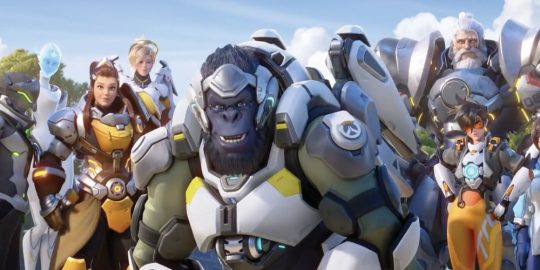
Since its release, Overwatch 2 has ignited both anticipation and tension within its community. The recent Winter Fair event further stoked these flames when Jared Neuss, the executive producer, faced backlash over the event's premium content distribution. The incident offers insights into the delicate balancing act between game monetization and community satisfaction.
The Winter Fair event aimed to bring a festive spirit to the game, allowing players to collect in-game tickets for participation, which could be redeemed for holiday-themed cosmetics. However, players soon realized that the grind would not yield all the available rewards without additional purchases. Neuss defended the event's value proposition, highlighting that $5 could net players four Legendary skins, a great deal by usual standards. Yet, the intricacies of the ticket system led to dissatisfaction among players who felt pressured by a fear of missing out (FOMO).
Neuss's surprise at the backlash reveals a disconnect between the developers' intentions and the community's reception. During a candid interview on the Group Up! Podcast, Neuss reflected on the choices presented to players and the framing of the event. He equated the controversy to a miscommunication, akin to World of Warcraft's 'rested experience' system, which was initially framed as a penalty and scorned by players, later becoming a beloved aspect of MMOs once reframed as a bonus.
The frustration shed light on the importance of not just the rewards system itself, but also on its presentation. Neuss acknowledged that the community's reaction provided valuable feedback for future events and highlighted the uniqueness of the Overwatch community, which expects more accommodating monetization models. There's recognition that while the approach aimed for generosity and choice, it was perceived as restrictive and exploitative.
Closing the gap between developer intentions and player sentiments remains a task for Overwatch 2's team. This Winter Fair event saga underscores the influence of community engagement and the repercussions of misguided communication. It pinpoints the gaming industry's growing pains in monetization strategies and the need for ongoing dialogue with and understanding of the player base to avoid future missteps. For Overwatch 2, the road ahead involves rebuilding trust with its community, re-evaluating event structures, and ensuring transparency and fairness in how it frames the gaming experience.